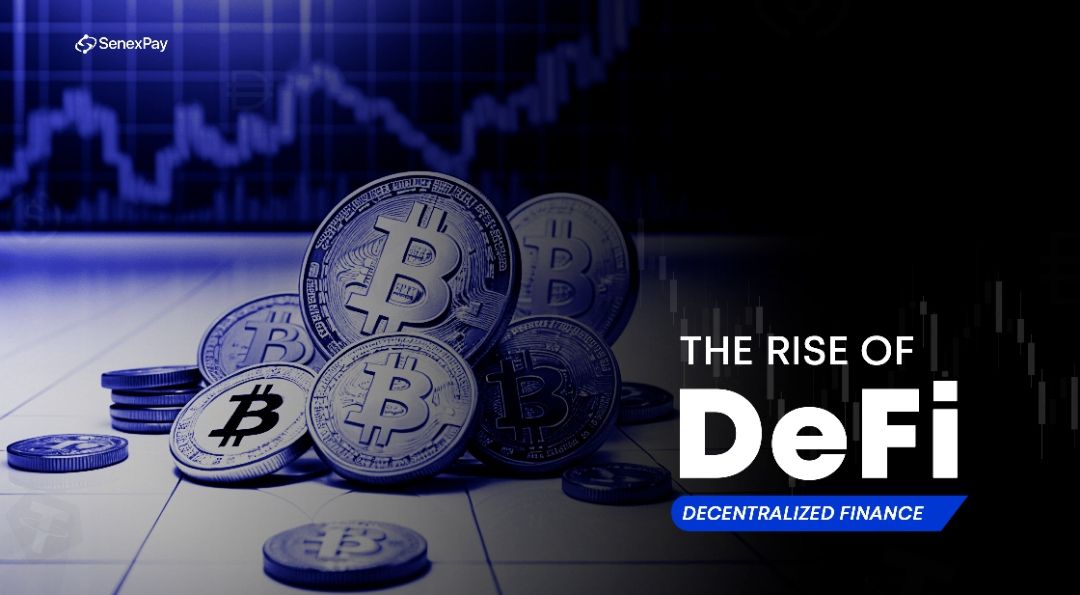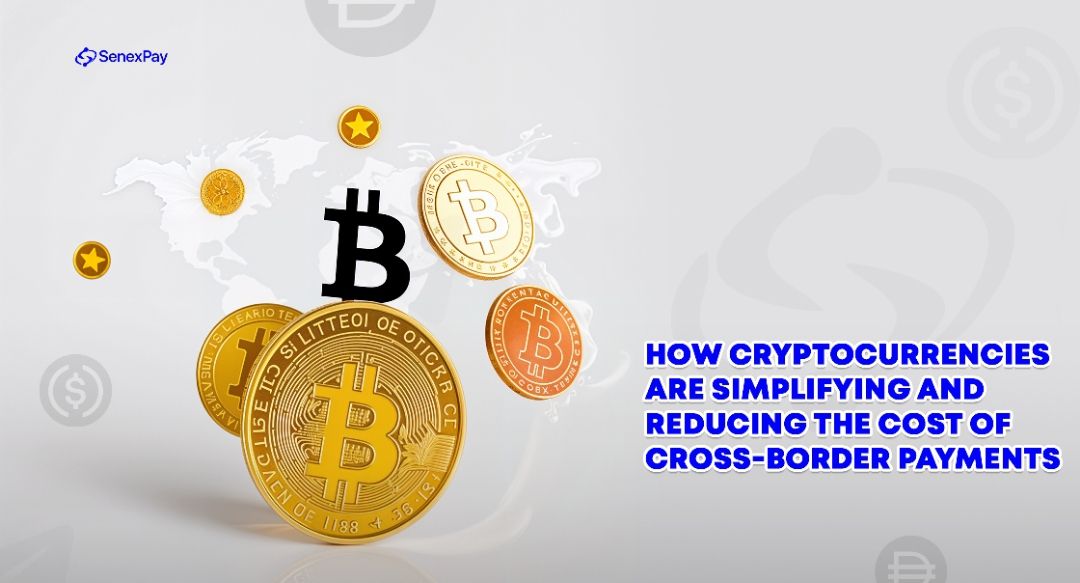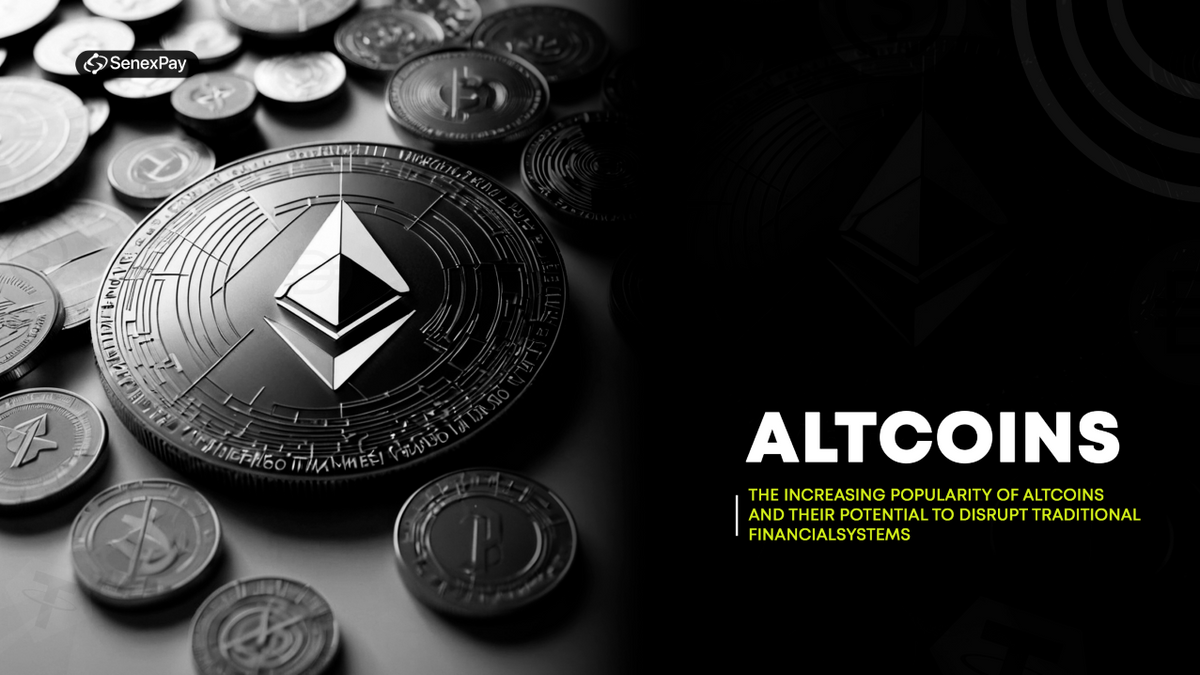The world of finance is buzzing with talk of "DeFi" or "Decentralized Finance". But what does it mean? If you’ve ever been curious about this new trend in finance but felt overwhelmed by all the technical jargon, you’re in the right place.
Let’s break down DeFi in simple terms, so you can understand what it is, how it works, and why it matters.
What is DeFi?
Imagine you want to borrow some money; you’d go to a bank, fill out some forms, and if approved, they’d give you a loan. The bank is the middleman in this process, controlling who gets money, how much, and under what conditions.
Now, what if you could skip the bank entirely? What if you could borrow money directly from someone else, or even a pool of people, using just your smartphone? That’s what DeFi allows you to do.
DeFi stands for Decentralized Finance, It’s a new way of handling money and financial transactions using a technology called "blockchain". With DeFi, there’s no need for banks or traditional financial institutions. Instead, everything happens directly between people, peer-to-peer, using software that runs on a blockchain.
Key Concepts of DeFi
1. Blockchain: The Backbone of DeFi
Blockchain is like a digital ledger that keeps a secure, permanent record of every transaction. Think of it as a super secure spreadsheet that’s shared across many computers around the world. Because it’s decentralized, no single person or company controls it.
2. Smart Contracts: Automated Agreements
Smart contracts are like computer programs that automatically carry out the terms of an agreement. For example, if you borrow money using DeFi, a smart contract might automatically take back your collateral (something valuable you put up to secure the loan) if you don’t repay on time. These contracts work exactly as written, without needing a bank or lawyer to enforce them.
3. Cryptocurrency: Digital Money
DeFi mostly uses cryptocurrencies, like Bitcoin or Ethereum, instead of traditional money like dollars or euros. Cryptocurrencies are digital, and they exist only on the internet. You can use them to buy things, send money to someone else, or even invest.
4. Decentralized Exchanges (DEXs): Trading Without a Middleman
In traditional finance, if you want to trade stocks, you go through a stock exchange, like the New York Stock Exchange. In DeFi, you can use decentralized exchanges (DEXs) to trade cryptocurrencies directly with others, without needing a central exchange to manage the process.
5. Liquidity Pools: Community-Driven Banking
A liquidity pool is like a community savings account where many people pool their money together. This pool is then used to facilitate loans or trades in the DeFi ecosystem. People who contribute to these pools often earn rewards, like interest, for providing their funds.
6. Yield Farming: Earning More with Your Crypto
Yield farming is a way to earn extra money on your cryptocurrency. It’s like earning interest on your savings account but with potentially higher returns. You “farm” by lending out your crypto in liquidity pools or other DeFi projects, and in return, you earn more crypto.
Why Does DeFi Matter?
1. Financial Freedom: DeFi gives you full control over your money. You don’t need to rely on banks, which might have high fees, long wait times, or strict rules about who can access their services.
2. Accessibility: Anyone with an internet connection can use DeFi. This is especially important in parts of the world where traditional banking services are limited or unavailable.
3. Transparency: Because everything in DeFi happens on a blockchain, transactions are transparent and can be verified by anyone. This reduces the risk of fraud and corruption.
4. Innovation: DeFi is constantly evolving, with new services and tools being developed all the time. This innovation creates new opportunities for people to earn, save, and invest in ways that weren’t possible before.
What Are the Risks?
While DeFi offers exciting possibilities, it’s not without risks:
Volatility: Cryptocurrencies can be unstable, meaning their value can change quickly. This can be risky if you’re investing or borrowing.
Security: Since DeFi is based on code, if there’s a bug or vulnerability, it could be exploited by hackers.
No Guarantees: Unlike a traditional bank, DeFi has no government insurance on your funds. If something goes wrong, you could lose your money.
In conclusion, DeFi is a groundbreaking movement democratizing access to financial services. It’s giving people more control over their money and opening up new opportunities for earning and investing. While it’s still a young and sometimes risky field, DeFi has the potential to transform how we think about finance in the digital age.
Whether you’re curious about getting started with cryptocurrency or just want to stay informed about the future of money, understanding DeFi is a great place to begin.





